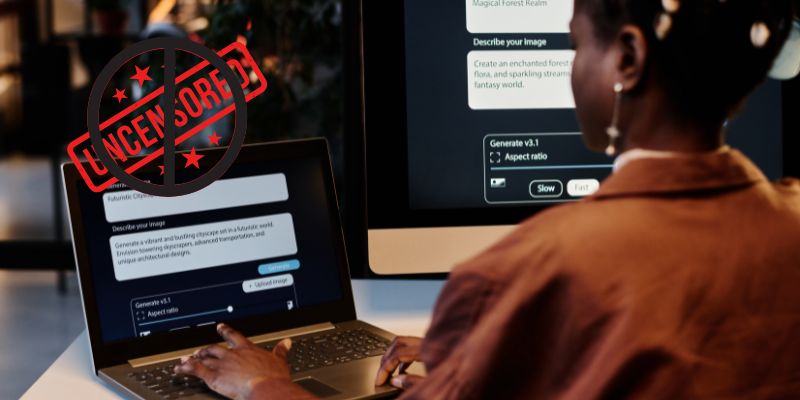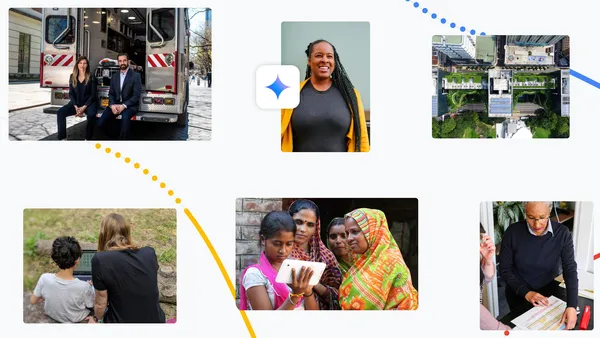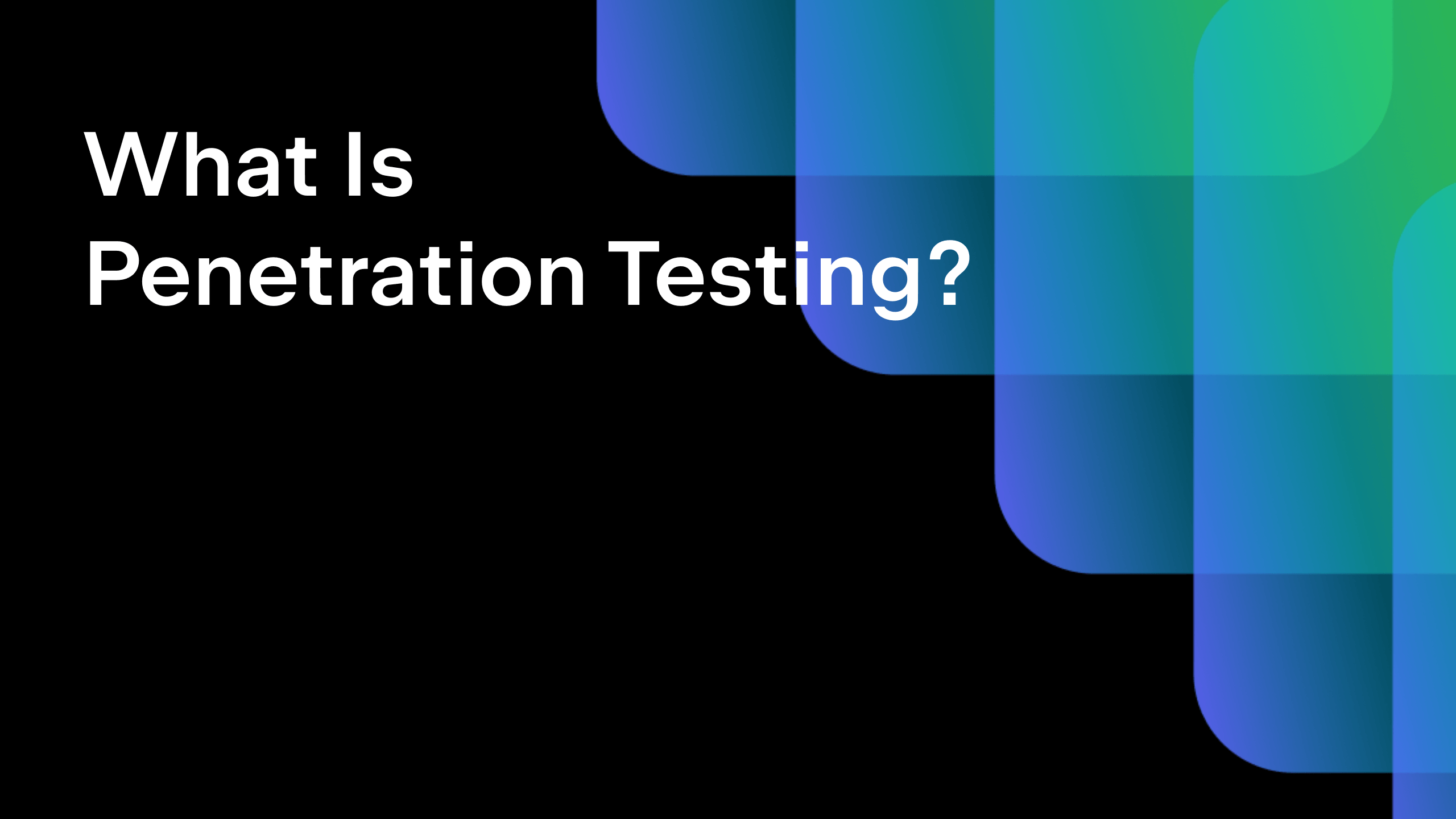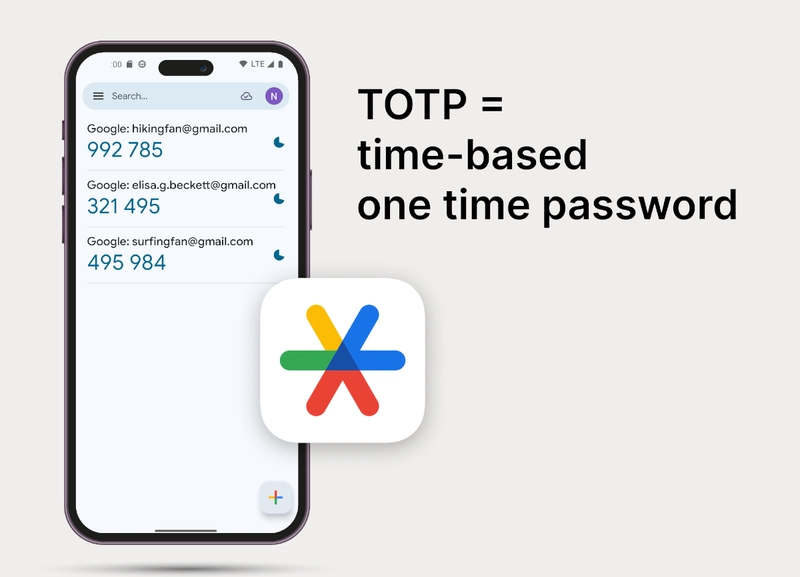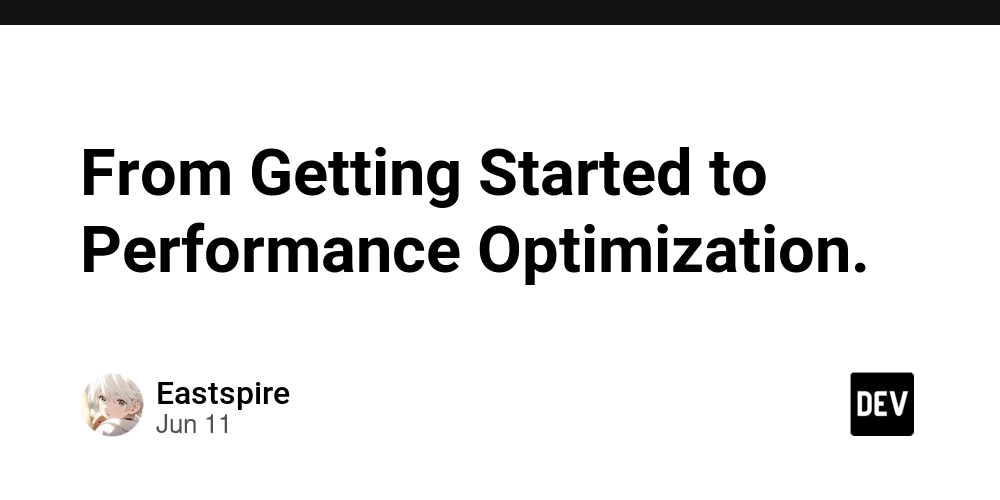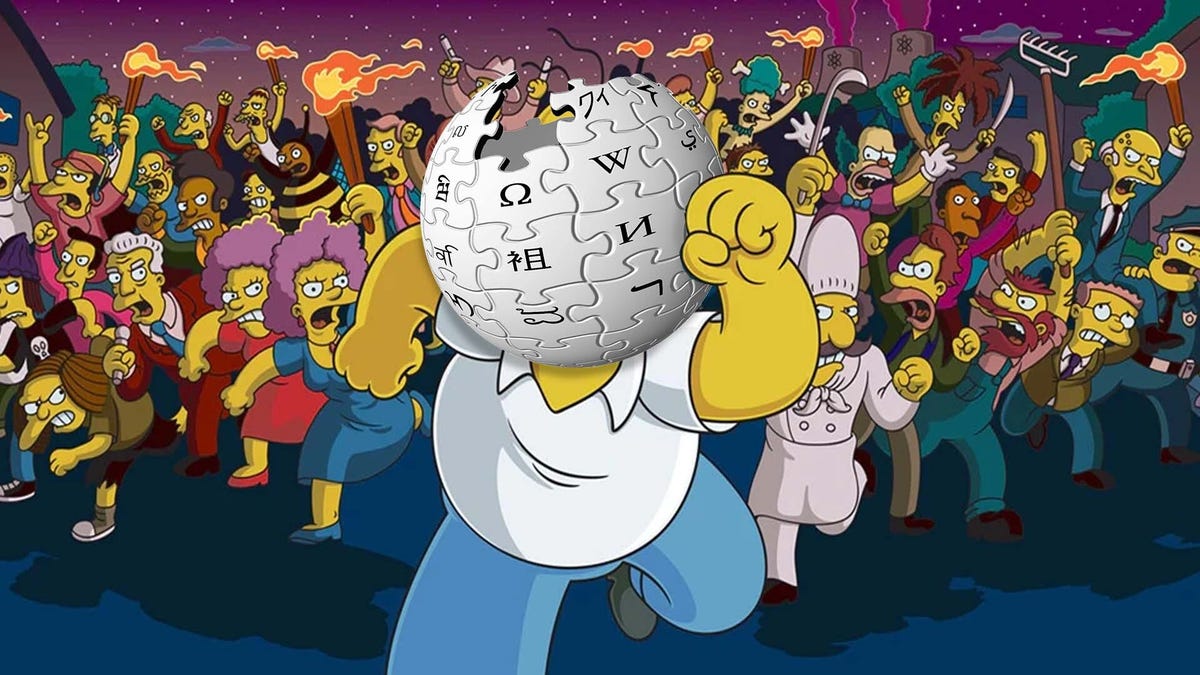Understanding Rule 11A: The Unsung Hero of Procedural Fairness
Understanding Rule 11A: The Unsung Hero of Procedural Fairness
Ever feel like legal procedures are just a maze of confusing numbers and letters? You're not alone. But every so often, one of those rules actually makes things simpler — and Rule 11A is a perfect example. This rule might not make headlines, but it’s quietly reshaping the way courts handle disputes, ensuring everyone plays fair from the very beginning.
What is Rule 11A?
Rule 11A is a legal provision found in various codes of civil procedure around the world. Its main goal? Transparency and efficiency. Whether you're filing a lawsuit or defending yourself, Rule 11A ensures both sides disclose essential information early on, reducing unnecessary delays and last-minute surprises.
Why Should You Care About Rule 11A?
Let’s put it this way — if lawsuits were a board game, Rule 11A would be the rule that says: “Show your strategy before you play.” Sounds fair, right?
Saves Time and Costs
Early disclosure under Rule 11A helps avoid lengthy and costly court battles. Everyone knows where they stand — no sneaky surprises.
Reduces Frivolous Lawsuits
By requiring solid documentation from the get-go, Rule 11A acts as a filter for baseless claims.
Strengthens Case Preparation
Knowing the other side’s position allows both parties to prepare smarter and often leads to quicker settlements.
Rule 11A in Practice
Let’s simplify it.
-
You file a civil case.
-
Rule 11A kicks in — you must submit documents proving your claim.
-
The other side responds with their documents.
-
The judge sees everything early, making it easier to guide the case.
In India, for instance, under the Civil Procedure Code (CPC), Rule 11A ensures plaintiffs must disclose material facts and key documents at the time of filing. It’s like laying your cards on the table before the game begins.
How Rule 11A Impacts the Judicial System
This little rule makes a big difference.
-
Court dockets get cleared faster
-
Fewer hearings mean quicker justice
-
More transparency means less manipulation
Think of it as a traffic cop for the courtroom — guiding the flow, avoiding jams.
Conclusion
Legal systems can feel overwhelming, but rules like 11A make things smoother and fairer for everyone involved. It might not sound exciting, but it’s these quiet rules that keep the wheels of justice turning without a hitch. Whether you're a lawyer, a litigant, or just a curious mind, knowing about Rule 11A gives you a clear edge in understanding how justice truly works behind the scenes.

FAQs
1. Does Rule 11A apply to criminal cases?
No, it’s primarily used in civil litigation. However, similar disclosure rules do exist in criminal law under different titles.
2. Is Rule 11A optional?
Not usually. Most courts require compliance with Rule 11A before proceeding to trial.
3. Can Rule 11A help settle cases faster?
Absolutely. Early disclosures often encourage both parties to reach an agreement before trial.
4. What happens if one side hides information under Rule 11A?
The court can impose penalties, dismiss claims, or strike out defenses depending on the severity.
5. Who benefits most from Rule 11A?
Honestly? Everyone — plaintiffs, defendants, and judges alike. It helps create a balanced, fair trial environment.

















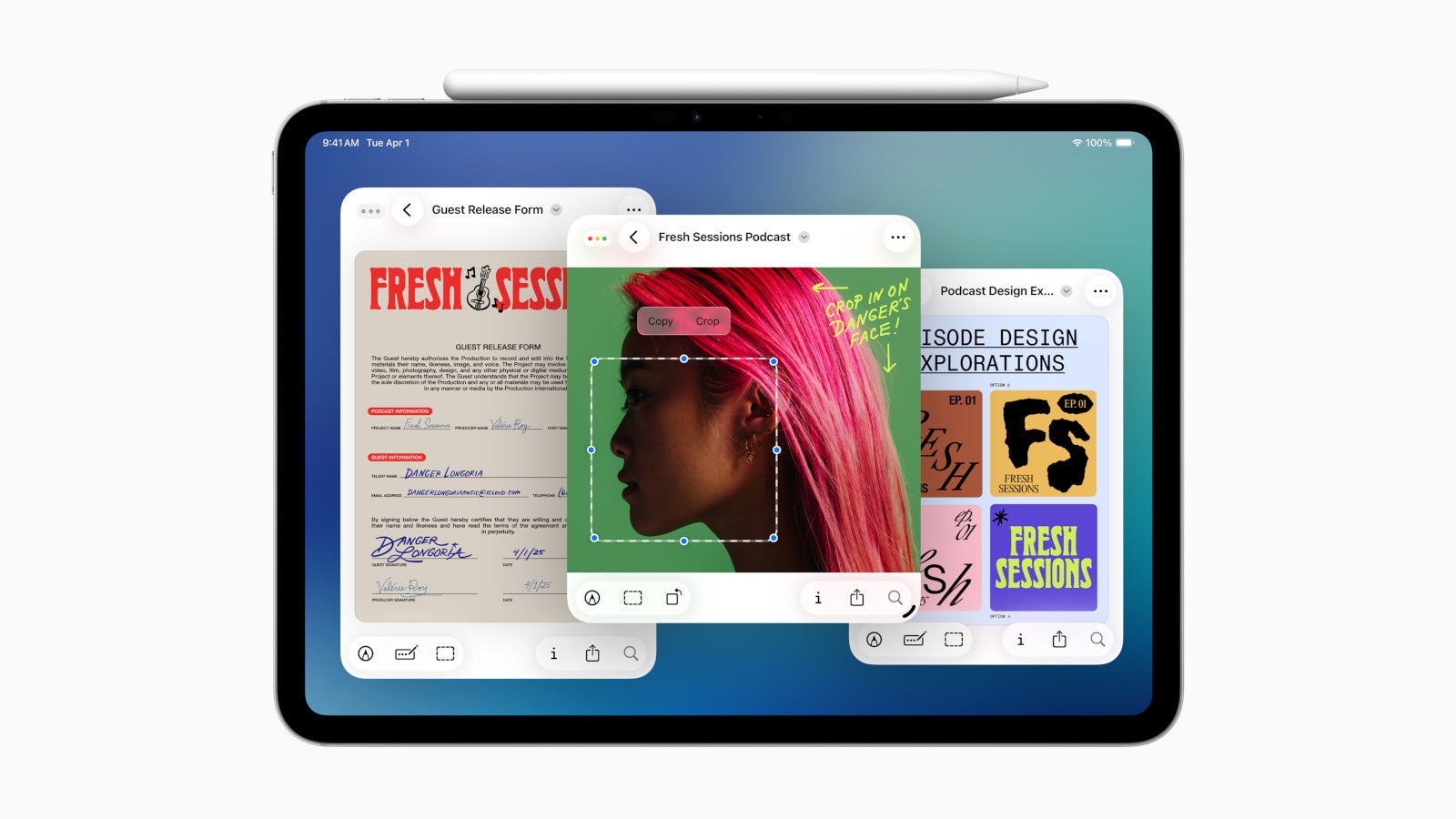






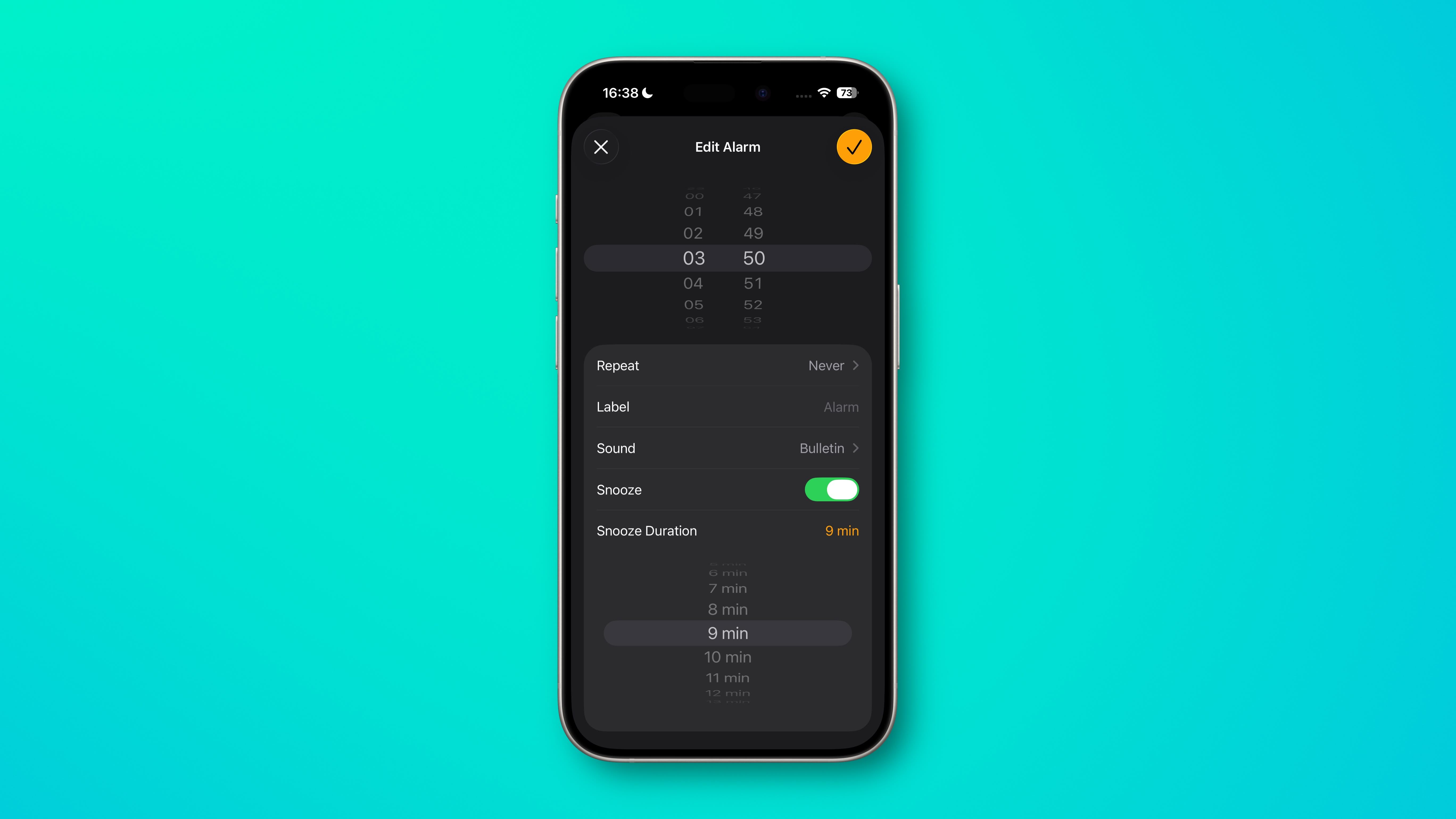








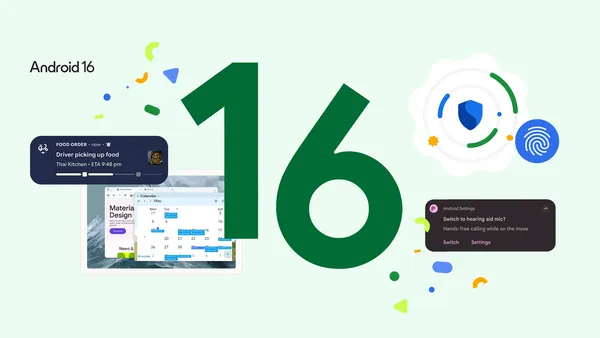






























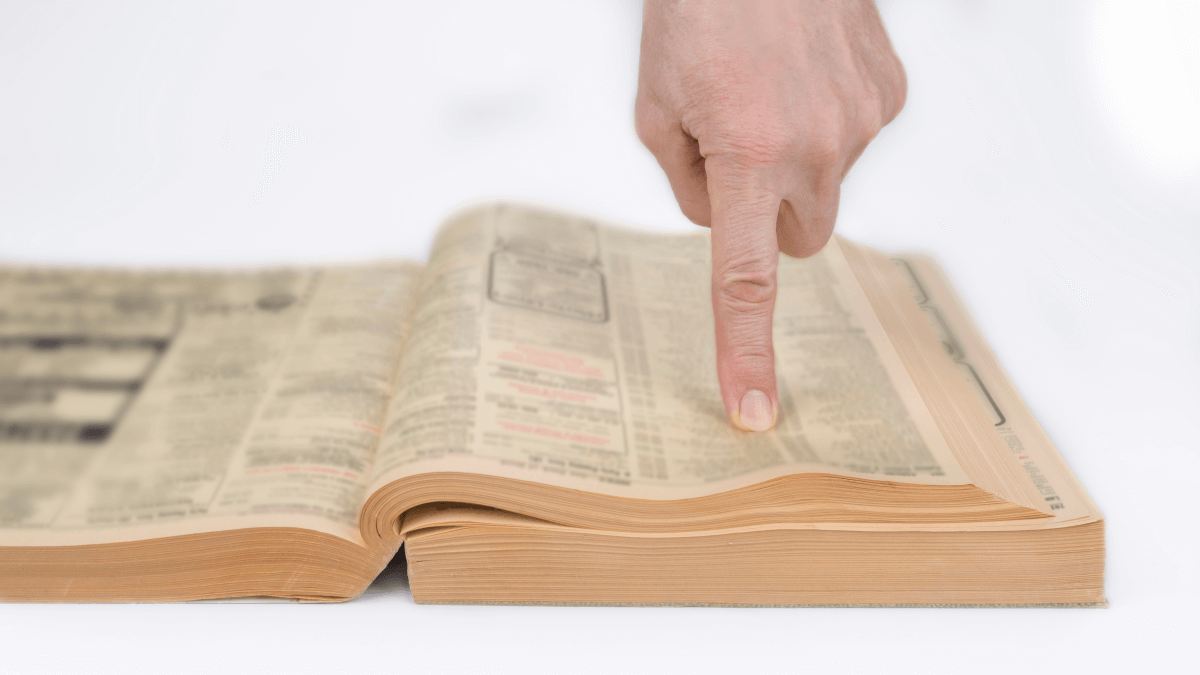



![Apple Shares Teaser Trailer for 'The Lost Bus' Starring Matthew McConaughey [Video]](https://www.iclarified.com/images/news/97582/97582/97582-640.jpg)


![Apple Debuts Trailer for Third Season of 'Foundation' [Video]](https://www.iclarified.com/images/news/97589/97589/97589-640.jpg)

























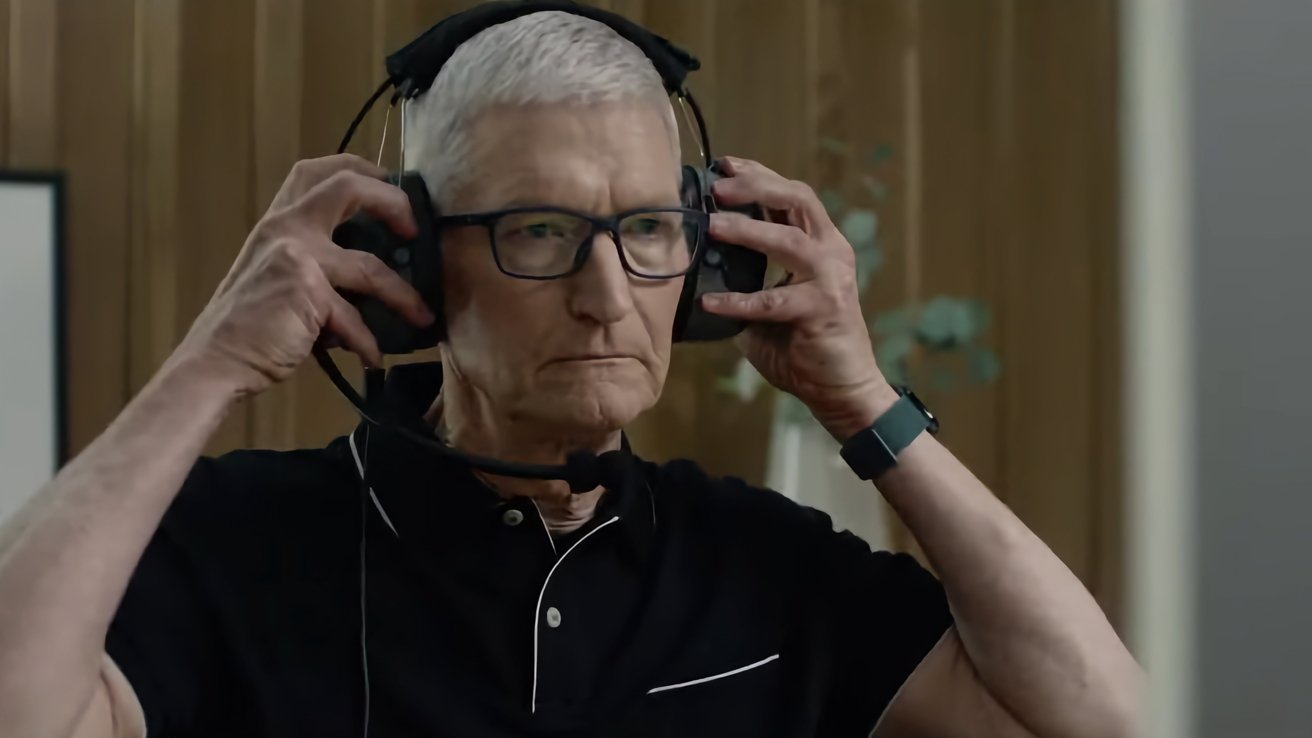

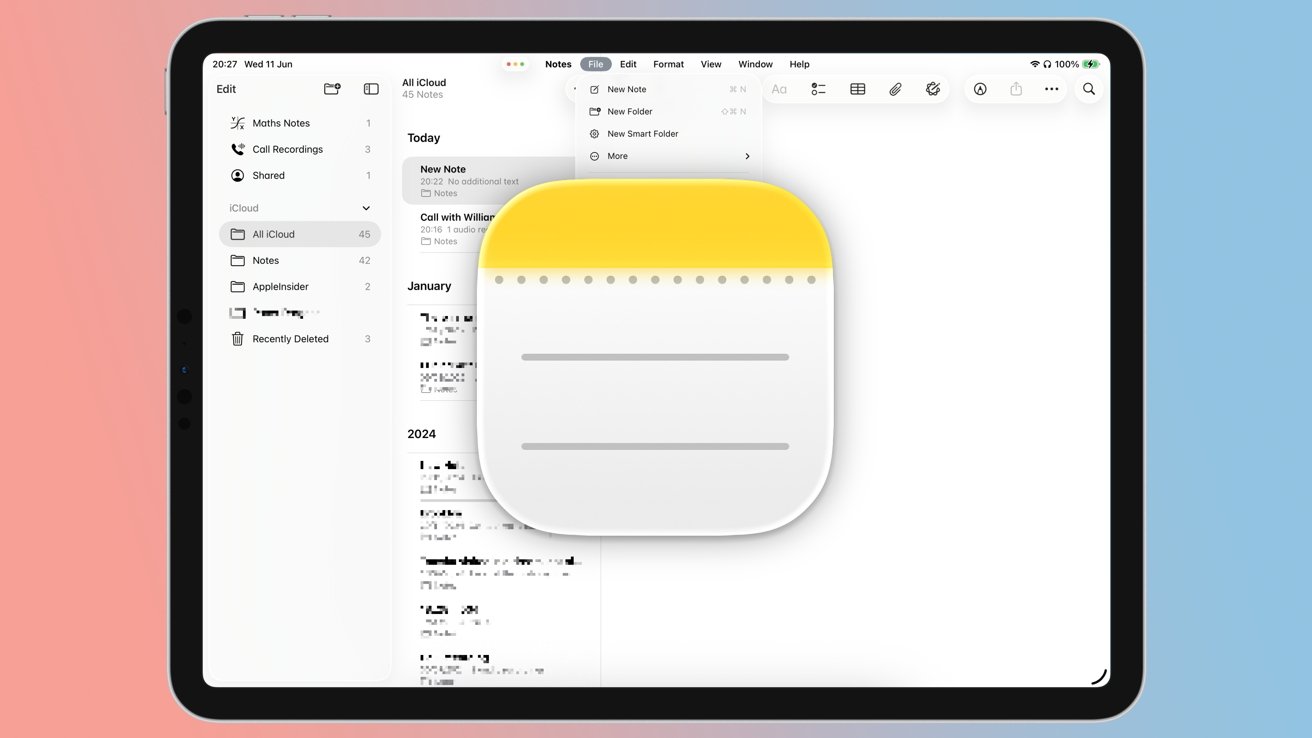
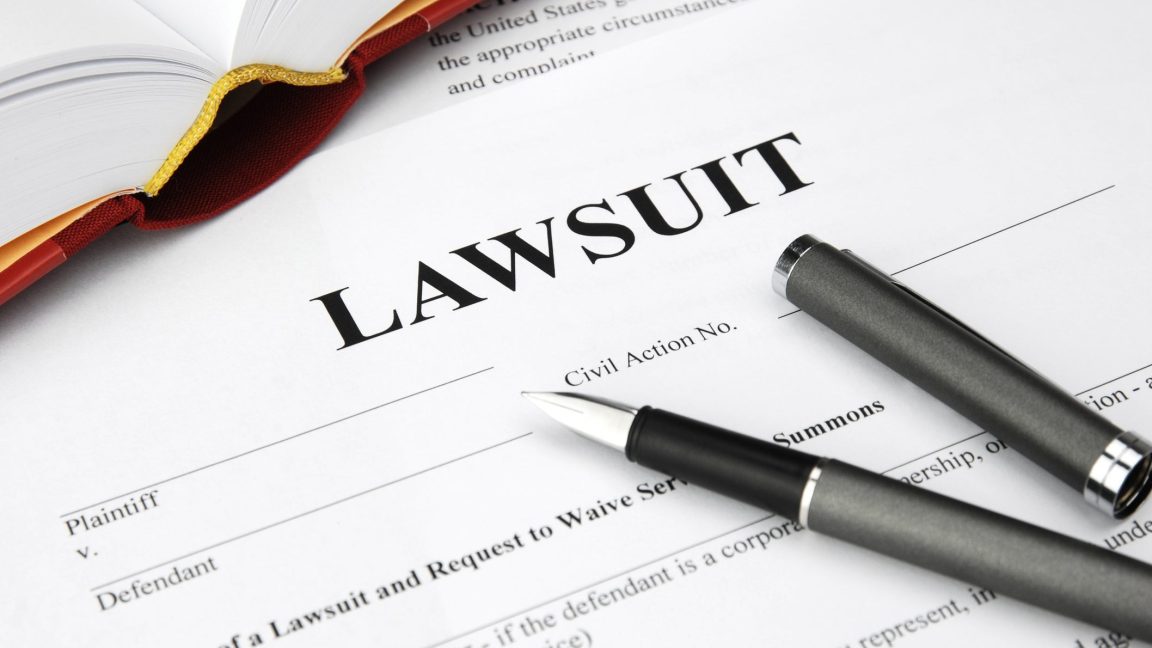


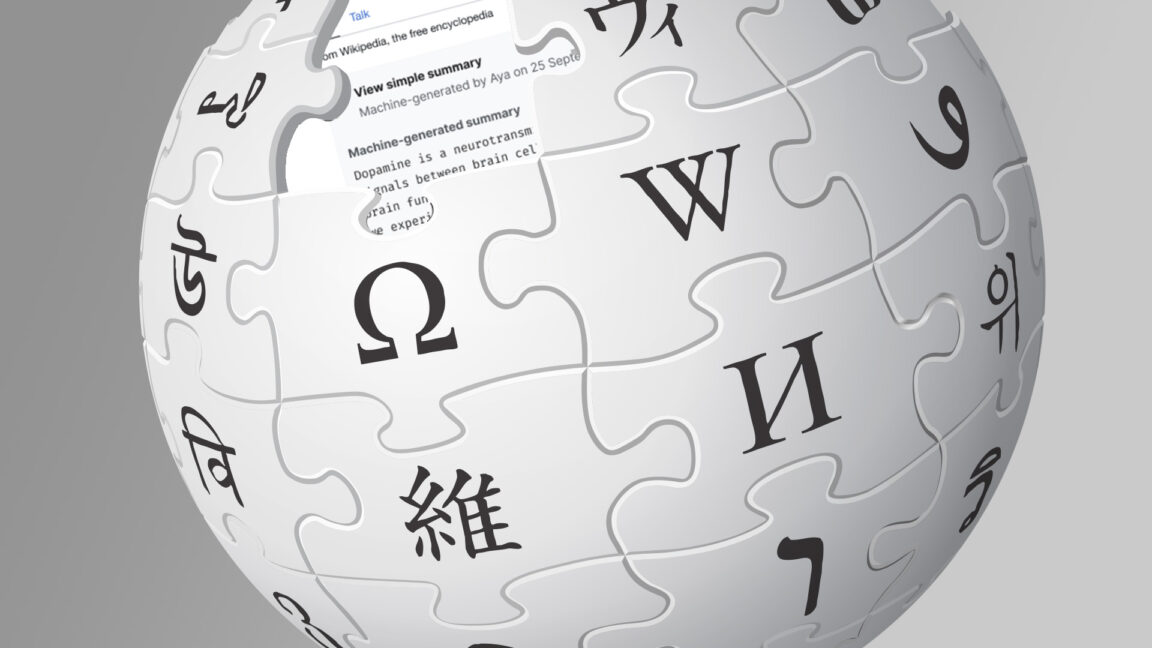



































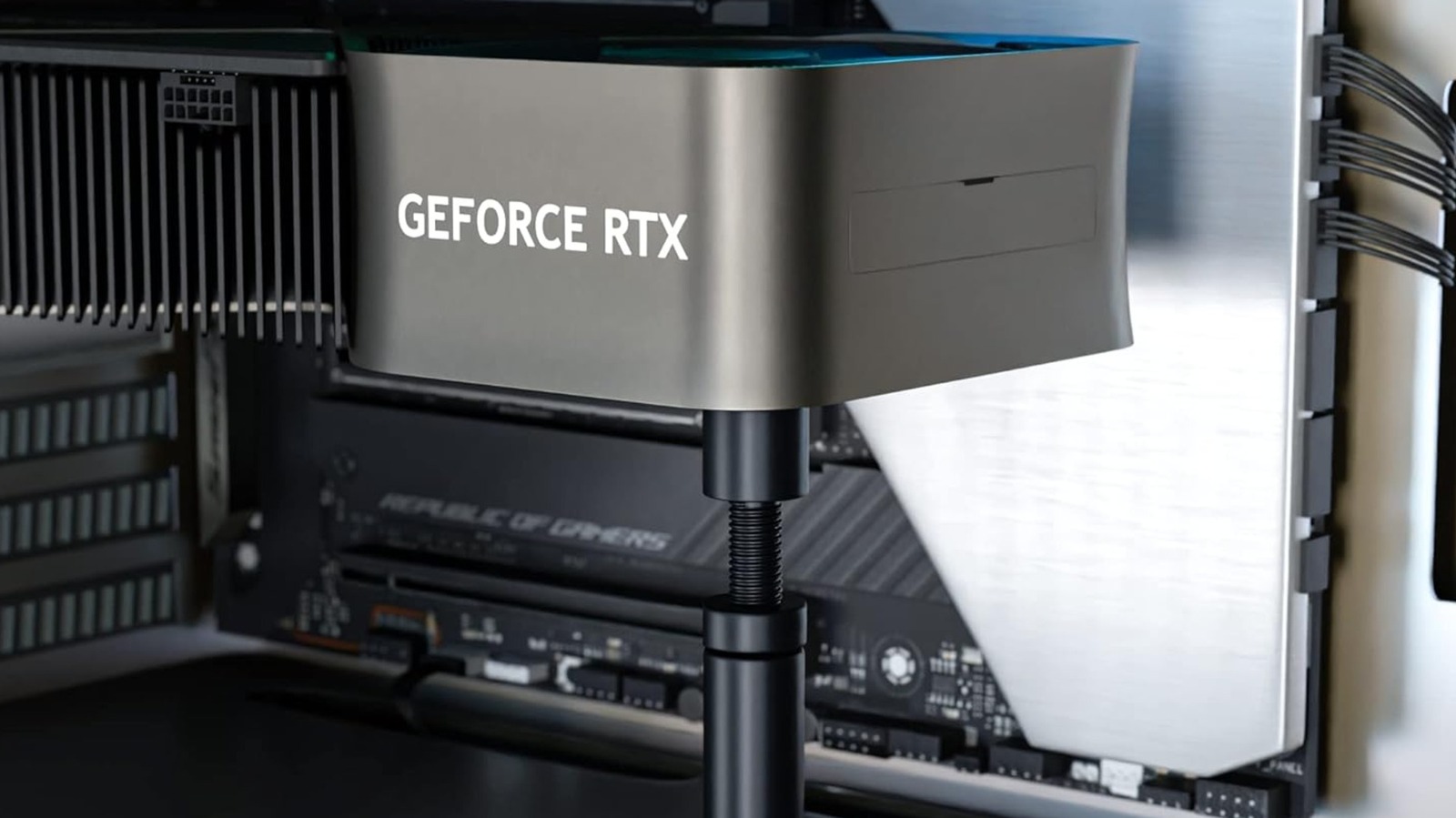






































.webp?#)

_incamerastock_Alamy.jpg?width=1280&auto=webp&quality=80&disable=upscale#)
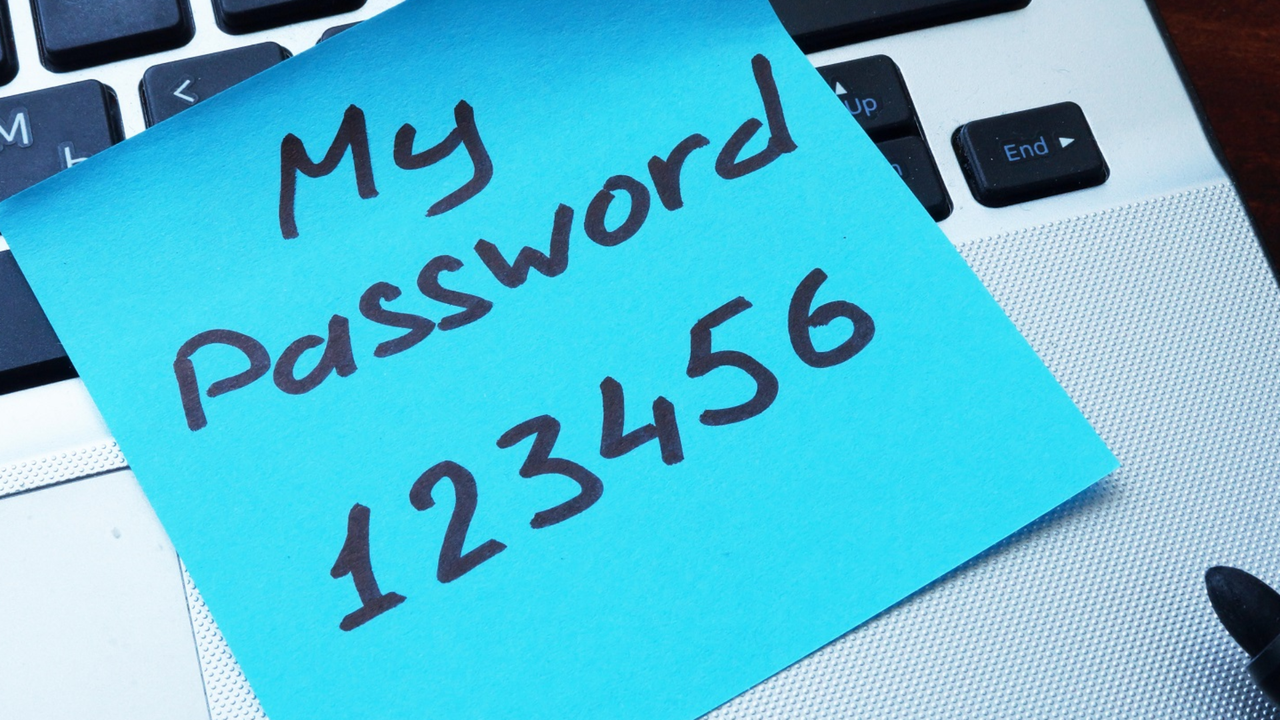
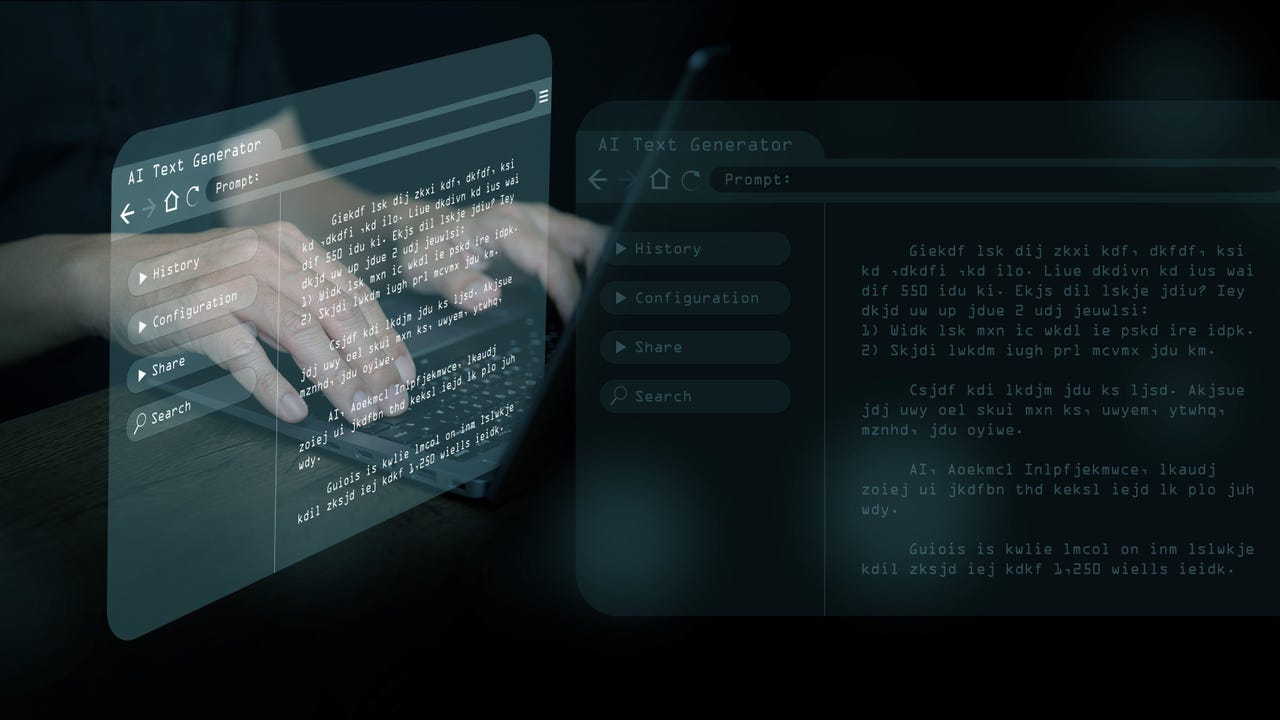




















































































![Top Features of Vision-Based Workplace Safety Tools [2025]](https://static.wixstatic.com/media/379e66_7e75a4bcefe14e4fbc100abdff83bed3~mv2.jpg/v1/fit/w_1000,h_884,al_c,q_80/file.png?#)






























![[The AI Show Episode 152]: ChatGPT Connectors, AI-Human Relationships, New AI Job Data, OpenAI Court-Ordered to Keep ChatGPT Logs & WPP’s Large Marketing Model](https://www.marketingaiinstitute.com/hubfs/ep%20152%20cover.png)


















































































